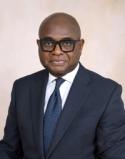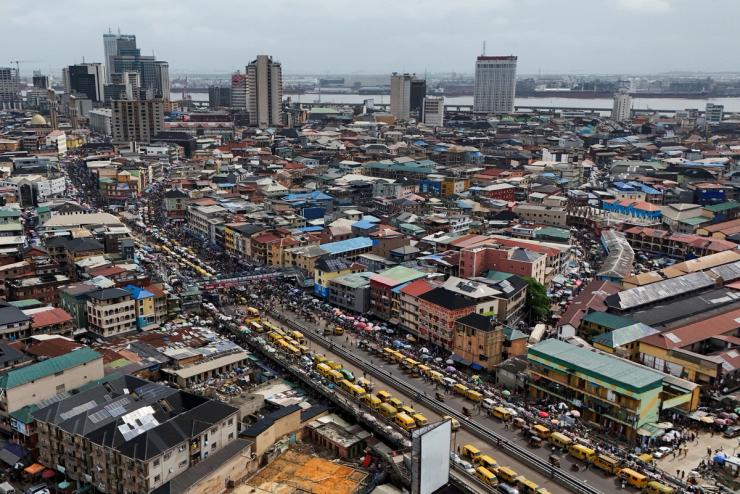US President Donald Trump’s designation of Nigeria as a “Country of Particular Concern” over the killings of Christians by Islamist terrorists, followed by an explicit threat of military intervention, raises fundamental questions about Nigerian sovereignty and global standing.
The Nigerian government has politely reminded Washington that the security crisis in the country’s northern regions remains Abuja’s sovereign responsibility. But some think President Bola Tinubu’s administration — like others before it over the past 15 years — has failed in its duty to protect Nigerian civilians irrespective of their religion from daily killings by radical Islamists. Tens of thousands of Nigerians, both Christians and Muslims, have been murdered by terrorists such as Boko Haram and ISWAP, as well as violent Fulani herdsmen, over the past decade.
As Africa’s most populous country, with 220 million people and one of the continent’s biggest economies, Nigeria matters. But it also matters how Nigeria matters — whether as a source for the extraction of natural resources and rent-seeking by corrupt elites, or as a prosperous and stable country. Its political class is smug, self-entitled, and has proved inept at improving the quality of the lives of Nigerians.
The persistence of terrorism in Nigeria, whose northern states abut the West African Sahel region, has strategic implications for the country and beyond if the trend is not reversed and decisively crushed. Top of these is the question of the continued existence of the African behemoth itself in its current form. The more jihadist terrorists attack and displace civilian populations — who become refugees in their own country — the more poverty, already acute at 60%, rises and religious freedoms are suppressed. What is at stake, even beyond the difficult present, is Nigeria’s future.
It was not always this way. Nigeria once held a truly strong position in Africa and globally. Governments over the past decade, however, have failed to demonstrate a clear understanding that, ultimately, the country’s influence, geopolitical positioning, and economic power in the international economy must be anchored in internal national cohesion and strength.
Abuja must now internalize the lesson that the security and prosperity of Nigerians — and not, for example, the successful issuance of eurobond debt — are the most important indicators of stability and progress. As Nigeria’s constitution states, “the security and welfare of the people shall be the primary purpose of government.”
Sovereignty is a standing principle of international law and relations, but it means little in practice if the fundamental responsibility of a government to secure the lives and property of its citizens is not met. This is the argument behind the concept of state failure.
Tinubu’s response to Trump’s threats must now be for Nigeria’s security and armed forces to demonstrably establish complete and total control of its territory. There should be no ungoverned spaces, and the fundamental rights of citizens of all faiths, or none at all, to life and property must be verifiably protected.
Governments must govern. That’s the job description.
Kingsley Moghalu is the president of IGET Academy, a public policy and executive education think tank, and the CEO of Sogato Strategies, a geopolitical risk advisory firm.


